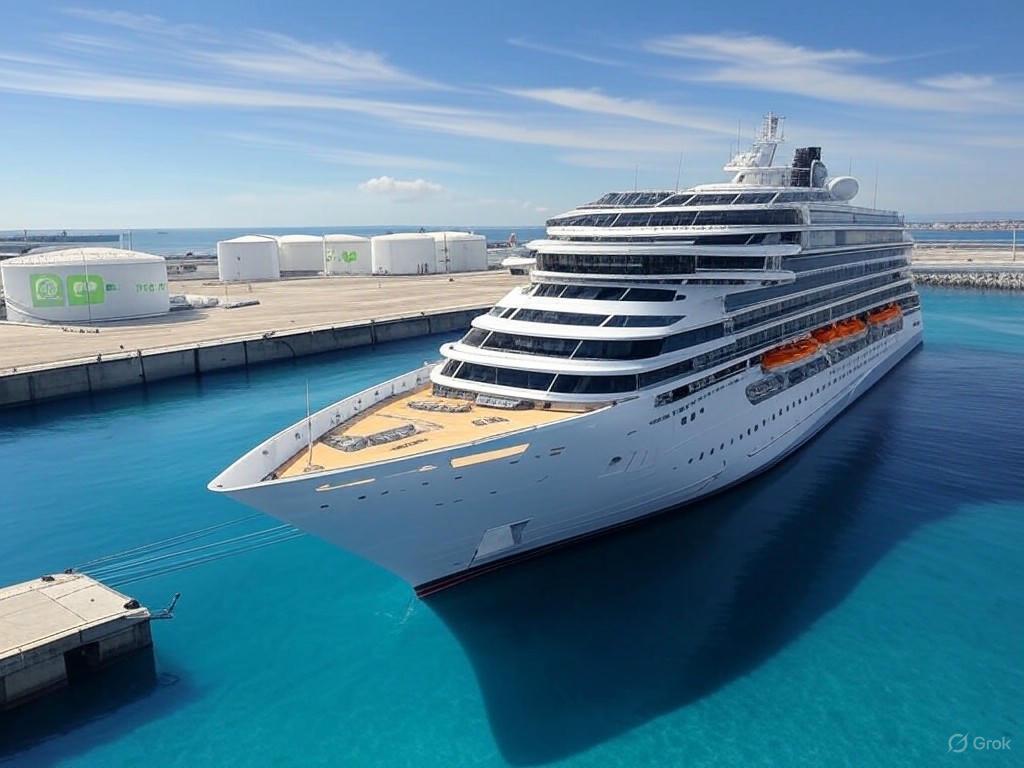The maritime industry is in a bind. Its significant carbon footprint pushes it toward decarbonization, aligning with global emission targets. Enter the innovative partnership of green hydrogen and biogas. This combination promises to fuel the next generation of ships without harming the environment[1].
At the heart of this innovation is the Zero4Cruise project. This initiative seeks to harness fuel cell technology using green methanol for cruise ships. The focus on green methanol stems from its ability to power fuel cells effectively, making ships carbon-neutral when in ports and coastal areas. The inclusion of both high and low-temperature PEM fuel cells ensures that ships not only reduce emissions, but also boost energy efficiency significantly[2].
Moreover, green hydrogen, when combined with biogas generated from wastewater, offers a unique solution[3]. This blend utilizes organic waste to produce energy, further enhancing sustainability. Turning waste into marine fuel not only cuts down emissions but also repurposes waste that would otherwise contribute to environmental degradation.
Prominent companies such as Meyer Werft are diving into this venture with the goal of scalable deployment. It's not just about building new ships but retrofitting existing ones. The potential to adapt current vessels makes this approach particularly promising and cost-effective. This could redefine how the industry approaches fuel technology integration[2].
Yet, challenges remain. The production costs of green hydrogen are high, due to the advanced technology and infrastructure required. However, continuous research and investment, as exemplified by these projects, are anticipated to drive down costs in the long run[3]. The urgency for clean energy is clear, and with innovations like these, the maritime sector is setting sail towards a greener horizon.
References:
1. Green Hydrogen and Biogas for Carbon-Neutral Marine Fuel
2. German consortium sets out to activate fuel cell technology for cruise ships
3. Hydrogen: The Key to Decarbonizing the Global Shipping Industry







